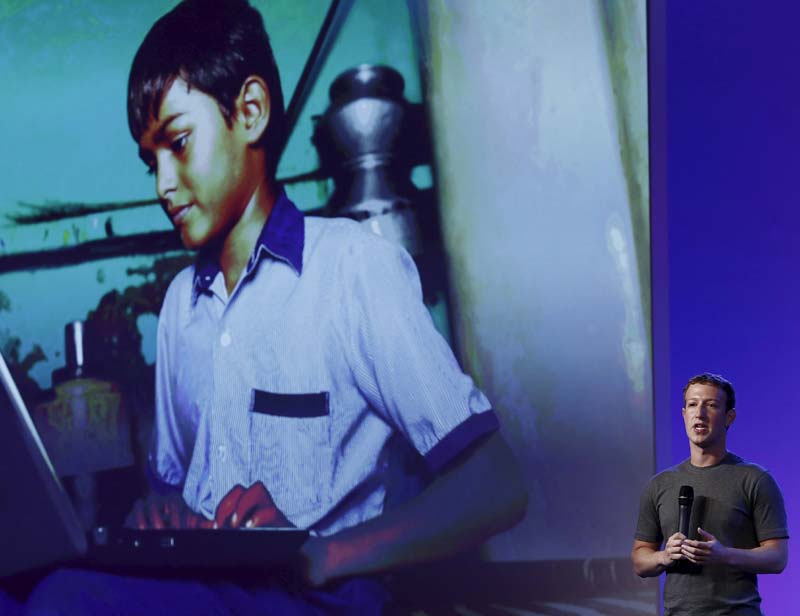-

A day after India's telecom watchdog gave a firm boost to net neutrality concept and thereby said no to Mark Zuckerberg-led Facebook's Free Basics, the CEO conveyed his disappointment in a post but reiterated his commitment to keep working to break down barriers to connectivity in India. In a move seen as an endorsement of net neutrality and a setback to offerings such as Facebook's Free Basics and Airtel Zero, India's telecom watchdog on Monday said no to discriminatory pricing of data content. (Image Source: Reuters)
-
"I want to respond to Marc Andreessen's comments about India yesterday. I found the comments deeply upsetting, and they do not represent the way Facebook or I think at all," Mark Zuckerberg wrote in a Facebook post.
-
Later, however, the developments after the watchdog order took a curious turn. On Thursday, Facebook chief executive Mark Zuckerberg had to disown a controversial statement from his colleague that Free Basics was like colonialism, alluding that the same was good for Indians. "Anti-colonialism has been economically catastrophic for the Indian people for decades. Why stop now?" Facebook board member Marc Andreessen had tweeted that was later wihdrawn with an apology. (Reuters)
-
3. Mark Zuckerberg: Everyone in the world should have access to the internet. That's why we launched Internet.org with so many different initiatives — including extending networks through solar-powered planes, satellites and lasers, providing free data access through Free Basics, reducing data use through apps, and empowering local entrepreneurs through Express Wi-Fi.<br>(Image Caption: An attendee wearing a turban takes a picture before Indian Prime Minister Narendra Modi arrives for a town hall at Facebook's headquarters in Menlo Park, California (Reuters)</br>
-
4. Mark Zuckerberg: Connecting India is an important goal we won't give up on, because more than a billion people in India don't have access to the internet. Our work with Internet.org around the world has already improved many people's lives as more than 19 million people in 38 countries have been connected through Facebook's different programmes. (Image Source: AP)
-
Mark Zuckerberg: We know that connecting them can help lift people out of poverty, create millions of jobs and spread education opportunities. We care about these people, and that's why we're so committed to connecting them. (Image Source: Reuters)